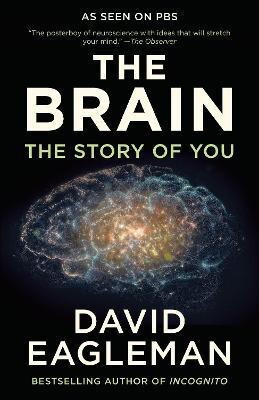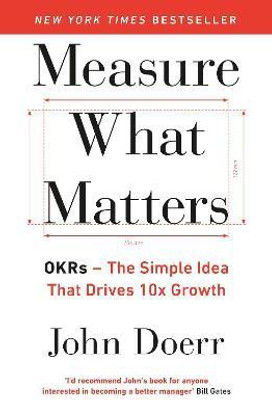
Glimpses of World History (Part-1) - Glimpses of World History: Jawaharlal Nehru’s Masterpiece on Civilization, Power, and Progress (Paperback, Jawaharlal Nehru)
Share
Glimpses of World History (Part-1) - Glimpses of World History: Jawaharlal Nehru’s Masterpiece on Civilization, Power, and Progress (Paperback, Jawaharlal Nehru)
Be the first to Review this product
Special price
₹483
₹700
31% off
Available offers
T&C
T&C
Delivery
Check
Enter pincode
Delivery by4 Jun, Wednesday|Free
?
View Details
Highlights
- Binding: Paperback
- Publisher: Diamond Books
- Genre: BIOGRAPHY & AUTOBIOGRAPHY / Historical
- ISBN: 9789369399758, 93-693-9975-5
- Edition: First, 2025
- Pages: 588
Services
- Cash on Delivery available?
Seller
Description
In this book, I have tried to show how history is not merely a dry record of events, but the story of human endeavour, of struggles for justice, freedom, and equality.-Jawaharlal NehruGlimpses of World History by Jawaharlal Nehru is a compelling collection of letters written to his daughter, Indira Gandhi, during his imprisonment in the 1930s. In these letters, Nehru takes the reader on a sweeping journey through the history of the world, offering insights into civilizations, events, and personalities that shaped human progress. It narrates about world empires, philosophy, religion, colonialism, freedom struggles, cultural achievements, and global historical movements.The book offers a unique perspective on history-one that is deeply humanistic and broad in scope. Also highlighting the interconnectedness of different cultures and societies. It encourages critical thinking and reflection on the past to better understand the present and future. It is a timeless resource for those seeking to gain a deeper understanding of the world and the forces that have shaped it.Albert Einstein praised Glimpses of World History for its "rare depth" and for showcasing the interconnectedness of human civilizations across time.For anyone looking to deepen their understanding of world history and gain a more comprehensive view of human civilization, Glimpses of World History is a must-read.
Read More
Specifications
Book Details
| Publication Year |
|
Contributors
| Author Info |
|
Additional Features
| Age Group |
|
Be the first to ask about this product
Safe and Secure Payments.Easy returns.100% Authentic products.
Back to top









